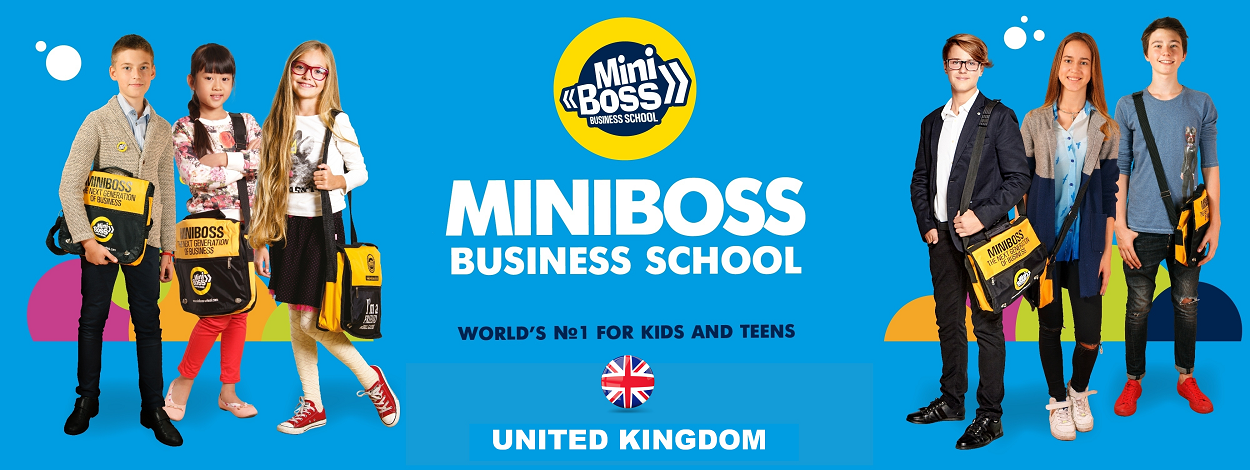
“Congratulations! The job you wanted to have when you were five [years old] is now yours. What do you do now for a living?”
This prompt from music publicist and radio host Eric Alper prompted a lively discussion on Twitter back in January, as social-media users chimed in to share their youthful dreams. Some had successfully realized their aspirations of becoming a teacher or paleontologist or, in the case of singer Donny Osmond, the goal of becoming none other than … singer Donny Osmond. Others had veered from their original visions of finding gainful employment as ballerinas or astronauts or hairdressers. A not-insignificant number of people had planned on metamorphosing into birds or cats or dogs, a worthy ambition indeed.
The point of the prompt, insofar as any Twitter prompt has a point, was to get people to ponder whether, and how, their dreams had changed as they grew up. But according to organizational psychologist and Wharton management professor Adam Grant, we really shouldn’t be asking kids what they want to be when they grow up in the first place.
In a recent essay for the New York Times, Grant suggests the mere question is problematic in at least three ways. First, he notes, “it forces kids to define themselves in terms of work.” There are big dangers to identifying too closely with your job, from the risk of burnout to losing your sense of purpose when layoffs or changing industries take your job away, as anyone who’s ever dealt with depression that often accompanies unemployment can attest.
The second problem with asking kids what they want to be when they grow up, according to Grant, is that it reifies the idea that we all should have one true passion in life. In fact, there are plenty of people who aren’t particularly drawn to one career, but wind up leading perfectly happy (and varied) lives anyway. And lastly, as Grant notes, “careers rarely live up to your childhood dreams.” There’s no point in urging kids to focus their energy on how amazing and fulfilling it would be to become a veterinarian or a pediatrician, only to have them encounter crushing disappointment when it turns out they feel faint around the sight of blood.
So what’s a better way to get kids thinking about the kinds of lives they want to lead? Quartz at Work editor Heather Landy says that her sister, a former elementary-school teacher who now works in administration, recommends a simple alternative question: “What problems do you want to solve?”
This question sets kids up to have a far more open-ended—and ultimately more exciting—discussion about what their values are, and the many ways in which they might someday try to bring positive change to the world, whether through a traditional job, volunteer work, art, homemaking, and beyond.
Case in point, Landy recalls how her own daughter, Izzy, responded to the two variations on the question. Asked by her mom what she wanted to be when she grew up, Izzy, nine years old at the time, shrugged and said she didn’t know. But asked by her aunt what problem she wanted to solve someday, an answer came immediately: climate change. “And then,” Landy says, “we talked about all the ways she could do that, as a scientist, a lawyer, or a journalist.”
It’s a smart way to get kids’ imaginations churning—and a helpful question for adults who are pondering a career change, too.






